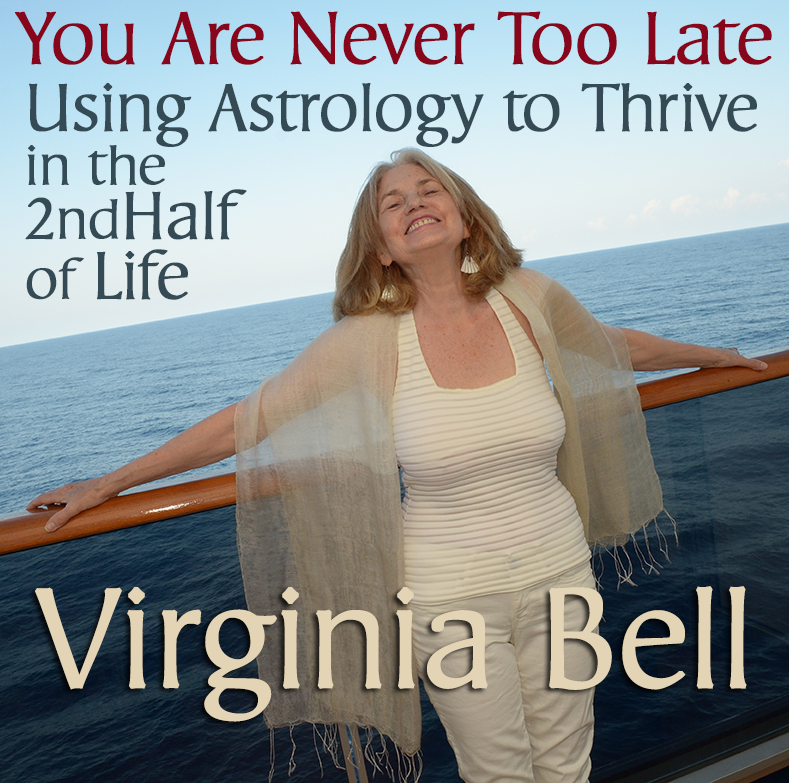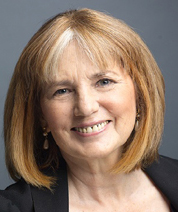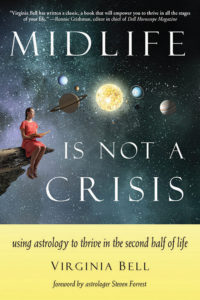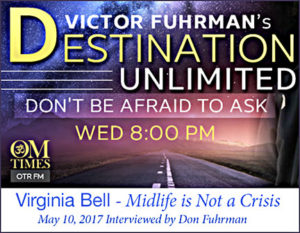The other kind of late bloomer undertakes many different jobs and may seem to be a dilettante as he or she gathers a variety of experiences and skills. Theirs is a circuitous route full of detours and delays and yet eventually it all comes together. In the end the various skills and talents they have acquired turn out to be exactly what they needed for their particular mission in life although no one could have predicted it, least of all themselves.
Frank McCourt is a great example and one of my favorite late bloomers; he didn’t even begin writing Angela’s Ashes (his first book) until he was sixty-four (yes, you read that correctly). When he was nineteen he left Ireland and returned to the U.S. where he took a series of jobs working in banks, on docks, and in warehouses. After serving in the Korean War he used the G.I. Bill to enroll in New York University and became a teacher; during his career he taught in six different schools in the New York area. It was only after he retired that he began writing. When he was fifty-nine (at his Second Saturn Return) he met Ellen Frey, the woman who became his second wife. At one point she told him (I’m paraphrasing), “Enough of telling your stories to your cronies in bars and taverns; write them down!” And that’s exactly what he did. He won the Pulitzer Prize for Angela’s Ashes and went on to write Tis and Teacher Man. If you’ve read Angela’s Ashes then you know that this deeply moving tale about growing up poor in Ireland is not the kind of book a young person could write. Writing talent and a genius for storytelling distinguished this memoir but it also required great maturity, wisdom, not to mention emotional and physical distance from the heartbreaking childhood that defined his life and forged his gifts.
Dick King-Smith grew up in England’s West country surrounded by his beloved animals. After serving in World War 2 he returned home where for twenty years he worked as a farmer. His father purchased a small farm for him adjacent to the family’s paper mill but Dick wasn’t much of a business man so when the mill closed, the farm closed as well; a second one he took over went bankrupt. He loved children so at forty-nine he returned to school and earned a degree in teaching. He wasn’t a success at that either; he was demoted to teaching the younger kids because he couldn’t do long division. Yet both experiences were absolutely perfect for the man who would become famous for his children’s books about farm animals. He wrote his first book (The Fox Busters) at fifty-six; became a full time writer at sixty, and went on to write over one hundred books translated into twelve languages; his most famous being Babe, The Gallant Pig.
One would hardly think of Arianna Huffington as a late bloomer, she seems like the exact opposite – a prodigy. At sixteen she moved to London from her native Greece to study economics at Cambridge. She began writing books in her twenties and by the time she was in her early thirties had published major biographies of Maria Callas and Pablo Picasso. She moved to the U. S. where she met the man she would marry; it was here that she rose to national prominence while campaigning for her husband’s (unsuccessful) bid for the senate. Afterwards she became an important presence in the Republican Party. In the late 1990’s she shifted back to the left and in 2004 endorsed John Kerry. Along the way she ran as an independent for Governor of California in the recall election, hosted and wrote television shows, acted in several sitcoms, and was a familiar presence in the media. In 2005 she launched the Huffington Post, the cutting edge news website; she was fifty-five at the time. She has clearly lived several lifetimes in one and acquired an impressive amount of skills, experiences, political savvy, and powerful contacts – all necessary for becoming an online pioneer.
Storyteller, mythologist, and author Michael Meade said in a recent interview in The Sun magazine: “I believe God – and to me “God” is just shorthand for the ineffable divine presence – has only one question for us at the end: “Did you become yourself?” We have a seeded self that begins to germinate at birth. Our true goal in life is to become that self.”
For some that “seeded self” blooms early; for others it takes longer. We are all unique and we all have our own individual timing; what’s important is that we trust that timing and have faith in the mysterious process that allows us to become ourselves and bring our gift to the world no matter how long it takes. “Don’t quit before the miracle.”



